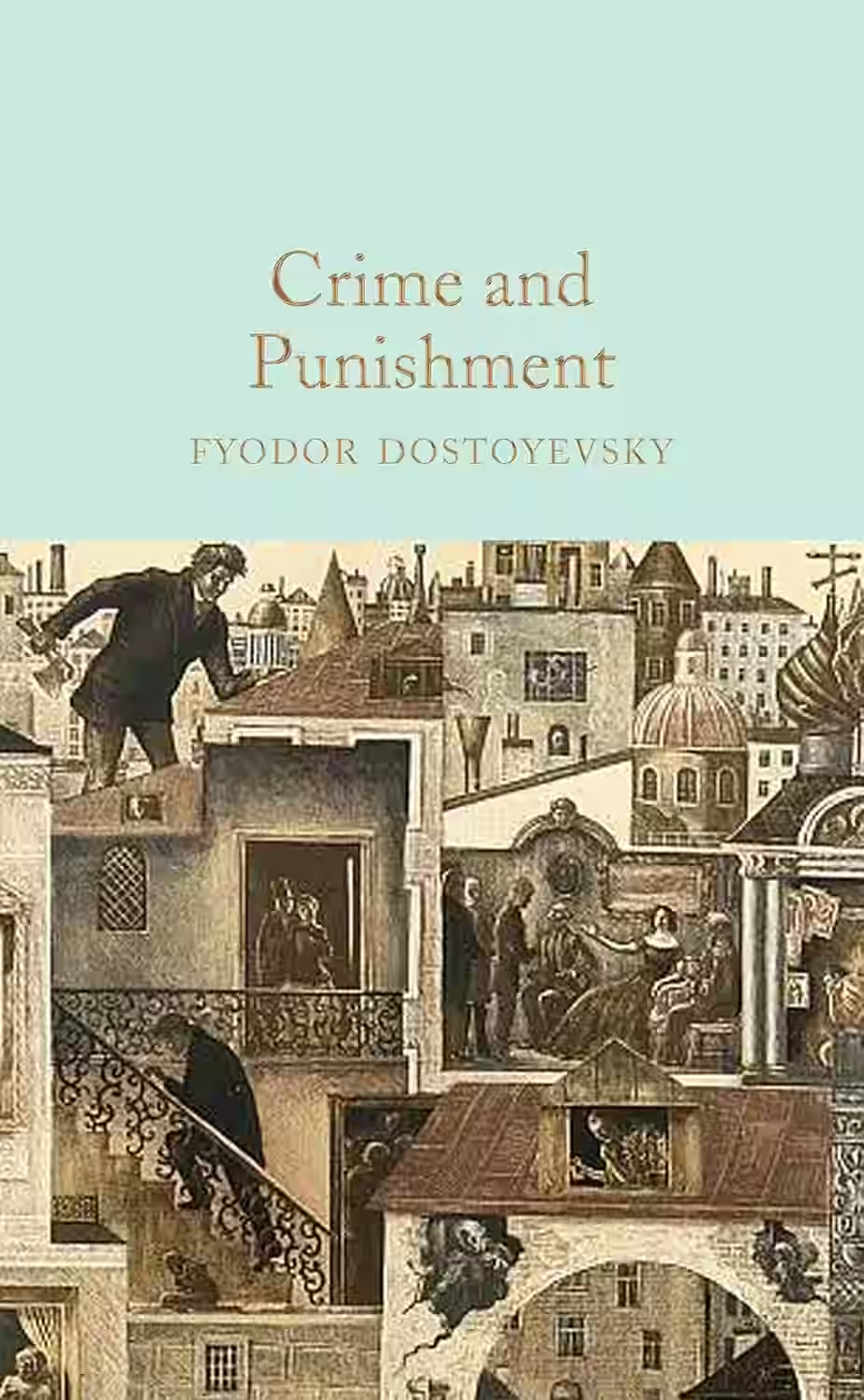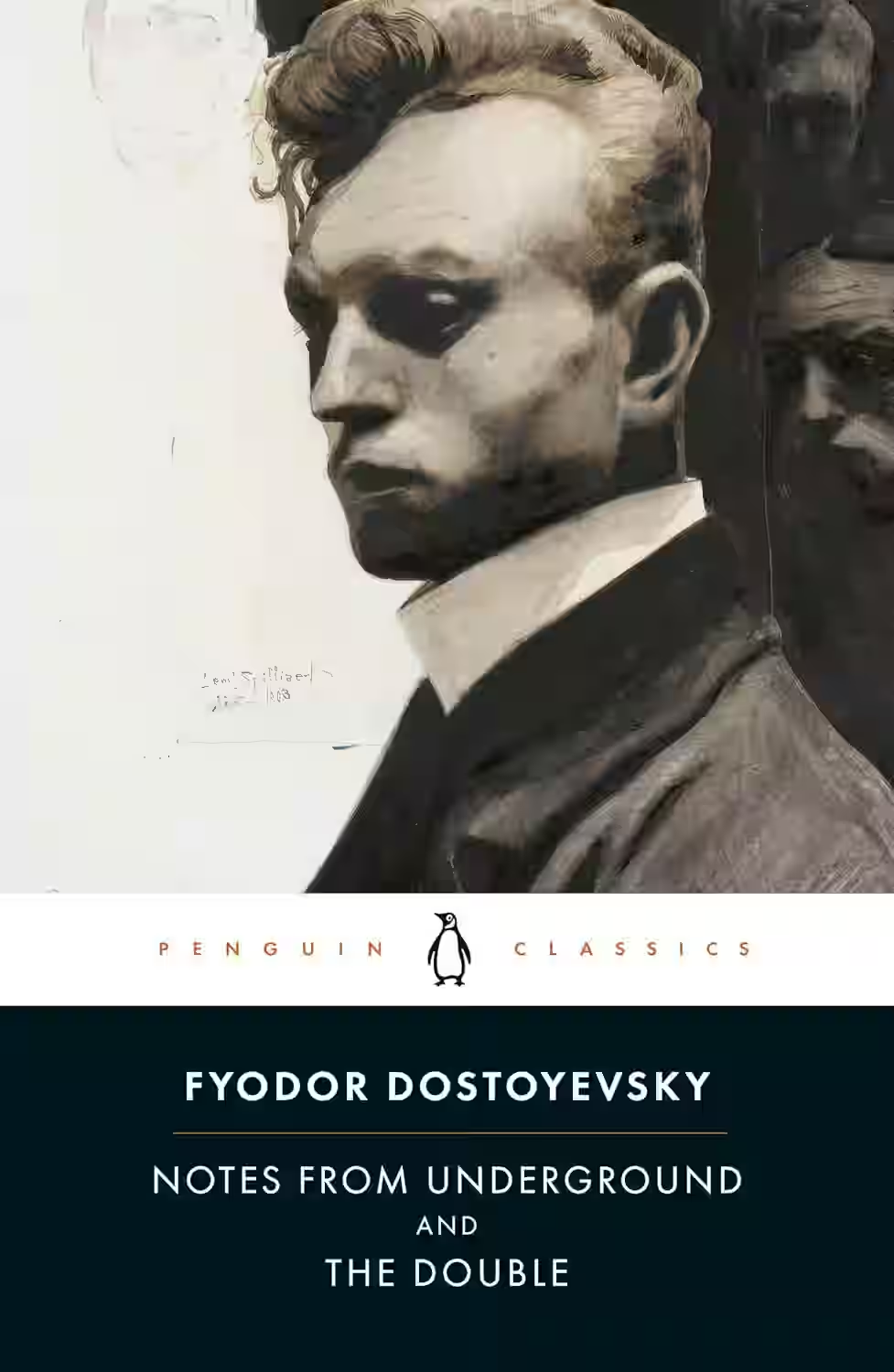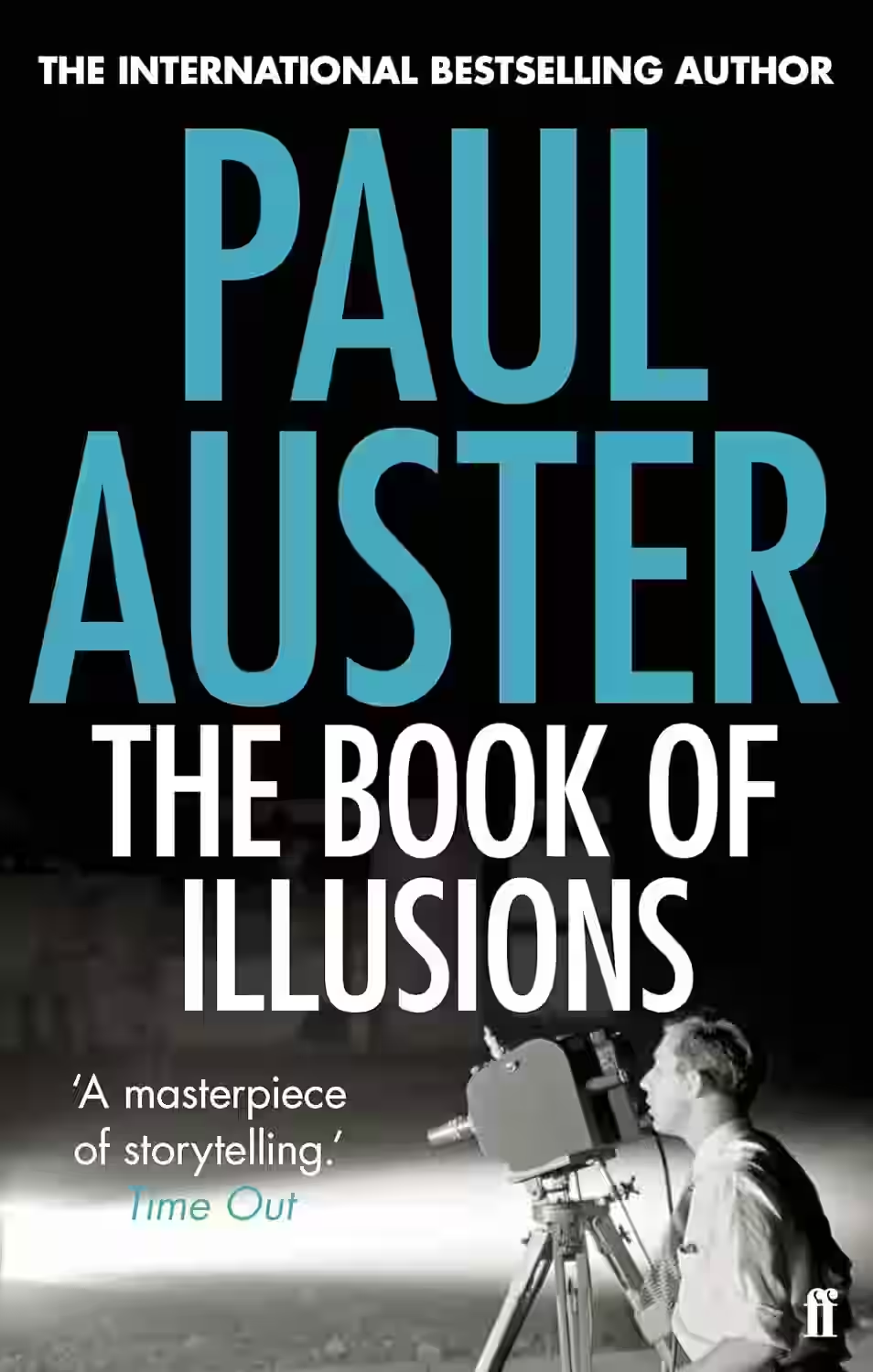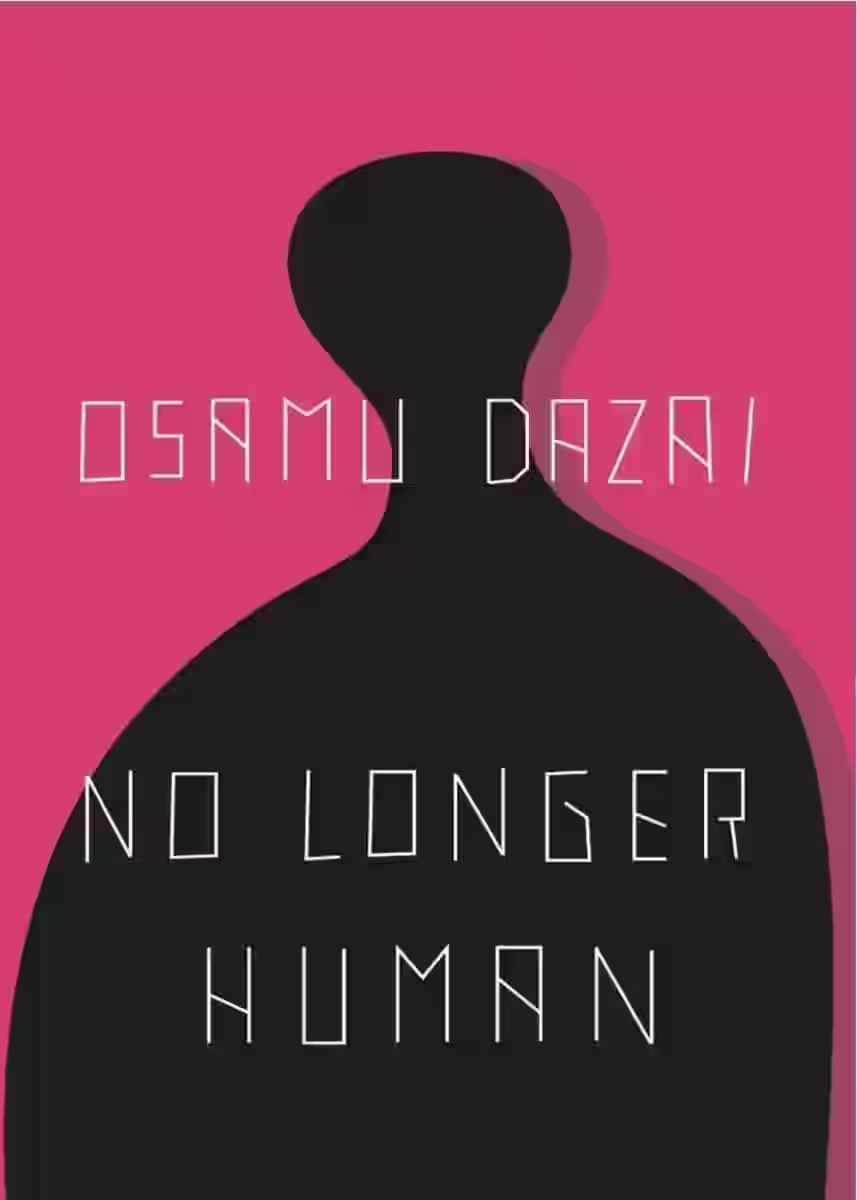
Fyodor Dostoevsky’s Crime and Punishment is a psychological and philosophical novel that follows Raskolnikov, a destitute student in St. Petersburg who murders a pawnbroker. Haunted by guilt and moral conflict, he undergoes a mental and spiritual descent, questioning the nature of justice, free will, and redemption. The novel probes the consequences of rationalizing crime and challenges utilitarian ethics. With intense character study and existential depth, it remains a cornerstone of Russian literature and a profound meditation on conscience and punishment.
About Fyodor Dostoevsky
A towering figure in Russian literature, Fyodor Dostoevsky explored profound philosophical and psychological themes in his novels, such as Crime and Punishment and The Brothers Karamazov. His works delve into the complexities of human morality, faith, guilt, and redemption with intense psychological depth and compelling characters grappling with existential questions. Dostoevsky's profound insights into the human condition have had a lasting impact on literature and philosophy.
Other Books by Fyodor Dostoevsky

The Brothers Karamazov
The murder of brutal landowner Fyodor Karamazov changes the lives of his sons irrevocably: Mitya, the sensualist, whose bitter rivalry with his father immediately places him under suspicion for parricide; Ivan, the intellectual, driven to breakdown; the spiritual Alyosha, who tries to heal the family's rifts; and the shadowy figure of their bastard half-brother, Smerdyakov. Dostoyevsky's dark masterwork evokes a world where the lines between innocence and corruption, good and evil, blur and everyone's faith in humanity is tested.

Notes from Underground
Fyodor Dostoevsky’s 'Notes from Underground' is a profound exploration of the human psyche through the eyes of its bitter and introverted narrator, a retired official who chooses to isolate himself from society. Set in 19th-century St. Petersburg, this seminal work splits into two parts: the narrator's philosophical monologue critiquing the rationalist approach to life and society, followed by his complex interactions and sometimes anger-fueled alienation from others. This novella digs deep into themes of free will, existentialism, and the contradiction inherent in human nature, paving the way for existentialist thought. Dostoevsky crafts an unsettling, yet introspective narrative that resonates deeply with readers confronting the paradoxes and irrationalities of the human condition.
Similar Books

The Book of Illusions
by Paul Auster
Paul Auster's 'The Book of Illusions' delves deep into themes of grief, identity, and redemption through a layered narrative that intertwines the lives of its protagonist, David Zimmer, and the enigmatic silent film star Hector Mann. Following a family tragedy, Zimmer immerses himself in Mann's films, writing a book that ultimately pulls him into a complex web of mystery and revelation. Auster masterfully crafts a thought-provoking exploration of how one's life can be dramatically altered by chance encounters and hidden truths, blending elements of noir and existential reflection. The novel captivates with its intricate plot and introspective prose, leaving readers to ponder the illusions that shape reality.

No Longer Human
by Osamu Dazai
"No Longer Human" by Osamu Dazai is a profound exploration of alienation and identity, delving into the life of its protagonist, Ōba Yōzō. The novel takes the form of a confessional as Yōzō recounts his struggles with societal expectations and his own sense of worthlessness. Dazai's introspective style reveals Yōzō's descent into despair, providing a raw and unsettling portrait of a man who feels disconnected from the world. Themes of nihilism, mental illness, and the search for authenticity are intimately portrayed, making this work resonate deeply with readers who grapple with similar existential questions. "No Longer Human" is a poignant, haunting narrative that offers a mirror to the depths of human vulnerability and ultimately remains a timeless contribution to modern literature.

A Christmas Carol
In Charles Dickens' "A Christmas Carol," bitter old miser Ebenezer Scrooge is visited by three ghosts on Christmas Eve who show him visions of his past, present, and future. These supernatural encounters force Scrooge to confront his selfish ways and witness how his actions affect others.

Utopia
by Thomas More
Utopia is Thomas More's work of philosophical fiction, imagining the island of the title, on which thousands live in peace and harmony. Through dialogue and correspondence between Raphael Hythloday and his friends and contemporaries, More explores the theories behind war, political disagreements, social quarrels and wealth distribution, and goes into the day to day lives of those citizens enjoying freedom from fear, oppression, violence and suffering. This vision of an ideal world is also a scathing satire of Europe in the sixteenth century which has been hugely influential since publication, shaping utopian fiction even to the present day.